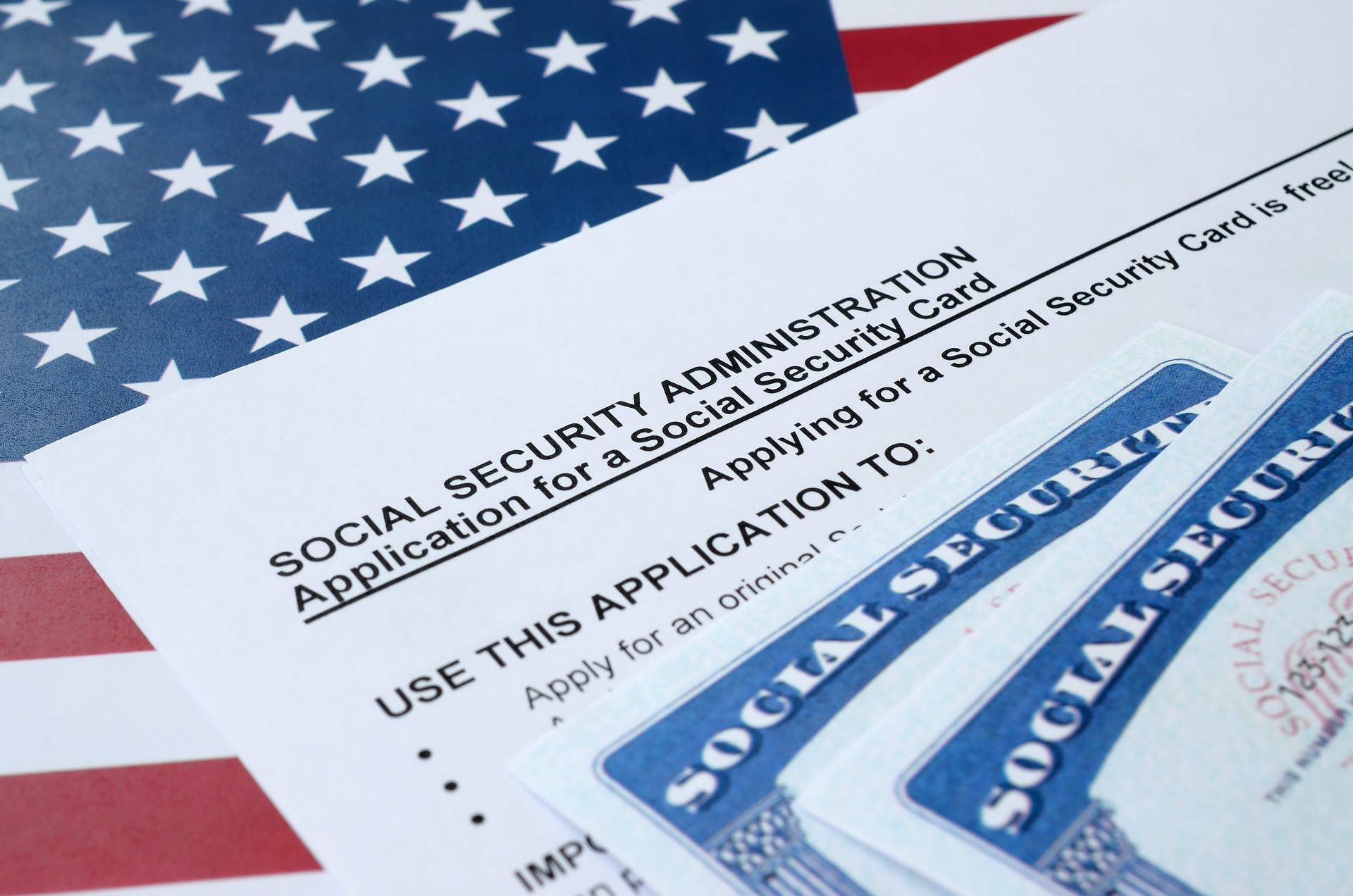
Moving to Portugal: The Tax Reality Behind the Pastéis de Nata
Portugal has a way of stealing hearts. Cobblestone streets, Atlantic sunsets, pastel-colored tiles, and those dangerously addictive custard tarts. It’s no wonder so many dream of moving here.
But along with the vinho verde and ocean views comes a less glamorous character: Autoridade Tributária e Aduaneira (Portugal’s tax authority). They don’t care how charming your Lisbon balcony is — they just want to know how much you made last year.
Before you get swept away by fado music, here’s what you need to know about the tax side of a Portuguese relocation.
1. When You’re a Tax Resident in Portugal
Portugal uses two main tests to decide if you’re theirs:
- 183-day rule: More than half the year in Portugal = tax resident.
- Permanent home rule: Even if you’re there less than 183 days, if you maintain a “habitual residence” (i.e., you’ve actually settled in), you may qualify.
Becoming a resident means Portugal taxes your worldwide income. That U.S. side hustle, your Colorado cabin rental, or your stock dividends — all on the table.
2. Portuguese Tax Basics (The Menu)
- Income tax (IRS, not that IRS): Progressive, 14.5% up to 48%, plus surcharges on higher incomes.
- Capital gains: Taxed at 28% for most investments (though there are nuances for property sales).
- Wealth tax? Not exactly. Portugal has a “stamp duty” on inheritances and gifts, and an annual tax on high-value real estate (AIMI).
- Inheritance tax: Transfers to direct family are generally exempt. Non-family? Expect 10% stamp duty.
3. Double Taxation (Because the U.S. Never Lets Go)
Even in Portugal, U.S. citizens still file U.S. taxes every year. Thankfully, there’s a treaty:
- The U.S.–Portugal tax treaty helps prevent full double taxation.
- Many Americans here rely on the Foreign Tax Credit to offset Portuguese taxes (since Portuguese rates are usually higher).
- The Foreign Earned Income Exclusion (FEIE) can work for some, but FTC tends to be more useful in Portugal.
4. Social Security & Pensions
- The U.S.–Portugal totalization agreement prevents you from paying into both systems at once.
- Withdrawals from U.S. retirement accounts (401k, IRA) may be taxed in Portugal, depending on residency status and treaty interpretation.
- Portuguese pensions are taxed as ordinary income.
5. The NHR Regime (Portugal’s Expat Golden Ticket… Sort Of)
Portugal’s Non-Habitual Resident (NHR) regime was the star attraction for years — a 10-year program offering reduced taxes for expats.
- Certain foreign-source income could be exempt or taxed at a reduced rate.
- High-value professionals could get a flat 20% tax rate on Portuguese-sourced income.
- As of 2024, the NHR is being phased out, but a transitional version still exists for some movers.
Moral of the story: don’t assume NHR is automatic — check the latest rules before moving.
6. Reporting Obligations
- U.S. side: FBAR + FATCA (foreign accounts and assets).
- Portugal side: Declare worldwide income, plus local reporting if you own real estate or significant assets.
7. Common Pitfalls
- Thinking NHR is still available for everyone (it’s not).
- Forgetting about AIMI (extra property tax on homes valued over €600,000).
- Assuming inheritance taxes don’t apply at all (they do, outside immediate family).
- Not declaring U.S. rental income in Portugal.
8. Timing & Planning Tips
- Plan your move date — arriving early in the year could lock you into a full tax year as a resident.
- Simplify accounts before moving.
- If buying property, factor in AIMI (high-value property tax).
- Check estate planning: Portugal’s rules on inheritance differ from the U.S.
Tax Move Checklist (Save This Part) ✅
- ☐ Check residency tests (183 days / habitual residence).
- ☐ Research Portuguese progressive income tax rates.
- ☐ Review U.S.–Portugal tax treaty.
- ☐ Decide between FEIE and FTC strategy.
- ☐ Explore eligibility for NHR or transitional regime.
- ☐ Gather docs for FBAR + FATCA.
- ☐ Check how your retirement accounts will be taxed.
- ☐ Review estate planning and potential stamp duty on inheritances.
- ☐ Speak with a cross-border tax advisor.
Final Thought
Portugal can feel like paradise — warm people, gorgeous coastlines, and pastries that deserve their own fan clubs. But paradise comes with paperwork. Understand your tax situation before you go, and you’ll spend more time on the beach in Cascais and less time stress-Googling “Portugal tax penalty appeal.”
Stay Ahead of Tax Season
Join the EdgeLetter our monthly newsletter with quick tax tips, expat deadlines, and freelancer reminders.
.png)
.png)


























.png)